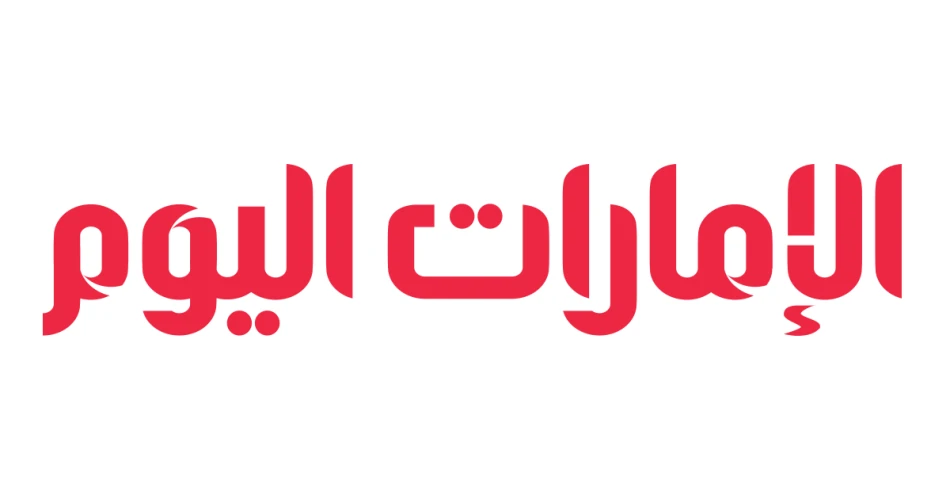
UAE Cabinet Reshuffles Innovation Council to Bolster National Agenda
UAE Doubles Down on Innovation Strategy with Revamped National Research Council
The UAE has restructured its Emirates Research and Development Council under Sheikh Abdullah bin Zayed Al Nahyan's leadership, signaling an ambitious push to transform the nation into a global innovation powerhouse. The move consolidates research priorities across government, private sector, and academia while aligning with the country's Vision 2071 economic diversification goals.
Strategic Consolidation of Innovation Assets
The newly configured 18-member council brings together ministers, senior government officials, and representatives from the private sector and academia. This high-level coordination mechanism aims to create a unified national framework for research funding, ethics, legislation, and governance—addressing a common challenge faced by innovation-focused economies worldwide.
The council's mandate extends beyond policy coordination to include oversight of federal funding channels and advisory roles on research-related tax incentives. This comprehensive approach mirrors successful innovation strategies deployed by countries like Singapore and South Korea, where centralized research coordination has accelerated technological advancement.
Key Leadership and Expertise
Faisal Abdulaziz Al Bannai has been appointed Secretary-General, leveraging his dual role as Secretary-General of Abu Dhabi's Advanced Technology Research Council. The council includes prominent figures such as Dr. Sultan Al Jaber, Sarah Al Amiri, and representatives from leading institutions including UAE University, Khalifa University, and Mohammed bin Zayed University of Artificial Intelligence.
The diverse expertise spans public policy, advanced industries, finance, artificial intelligence, energy, health sciences, and education—sectors that form the backbone of the UAE's economic transformation strategy.
Economic Diversification Through Innovation
This restructuring comes at a critical juncture as the UAE accelerates its transition from an oil-dependent economy to a knowledge-based one. The council's focus on attracting research talent and establishing unified policies addresses two persistent challenges: brain drain in emerging markets and fragmented innovation ecosystems.
By creating a single gateway for federal research programs and coordinating legislation across different sectors, the UAE is positioning itself as a preferred global testing ground for advanced technological innovations. This strategy has proven successful for other Gulf states, particularly in attracting international corporate research centers and venture capital.
Global Innovation Competition
The UAE's approach reflects broader regional competition for innovation leadership. While Saudi Arabia has launched NEOM and various giga-projects, and Qatar focuses on research through its National Research Fund, the UAE's integrated council model offers a more centralized coordination mechanism.
The emphasis on international partnerships and global innovation indicators suggests the UAE is benchmarking itself against established innovation hubs like Israel, Switzerland, and Denmark rather than regional competitors alone.
Investment and Market Implications
For investors and multinational corporations, the restructured council signals increased policy stability and clearer pathways for research collaboration in the UAE. The focus on tax incentives and talent attraction could make the country more competitive against traditional research destinations like the UK or Germany, particularly for companies seeking access to Middle Eastern and African markets.
The council's mandate to measure performance against global innovation indicators provides transparency that institutional investors increasingly demand when evaluating emerging market opportunities. This data-driven approach could enhance the UAE's position in global innovation rankings and attract sovereign wealth fund investments in research infrastructure.
Long-term Vision and Challenges
Sheikh Abdullah bin Zayed's statement about building a "comprehensive and high-impact research and development ecosystem" reflects ambitions that extend beyond 2071. The emphasis on strategic independence through innovation addresses growing global concerns about supply chain resilience and technological sovereignty.
However, success will depend on execution and sustained political commitment across economic cycles. The UAE's advantage lies in its proven ability to implement large-scale strategic initiatives, from Dubai's transformation into a global hub to Abu Dhabi's sovereign wealth fund investments.
The council's focus on creating societal benefit locally while serving humanity globally positions the UAE's innovation strategy within broader sustainable development goals, potentially attracting ESG-focused investment and international development partnerships.
Most Viewed News

 Sara Khaled
Sara Khaled






